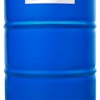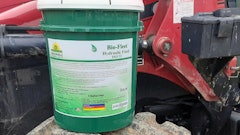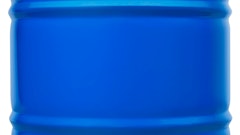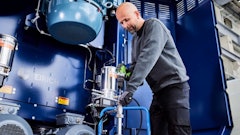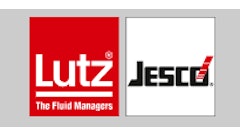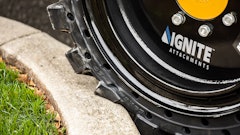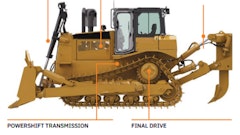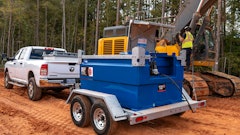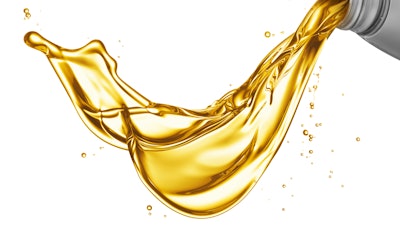
The Engine Manufacturers Association (EMA) made a request earlier this year to the Diesel Engine Oil Advisory Panel (DEOAP) of the American Petroleum Institute (API) to initiate development of a new category for diesel engine oil to coincide with implementation of new EPA and CARB HD on-highway regulations. As of last week, the test development phase was kicked off, with first licensing of the oil products under the standard expected no later than January 1, 2027.
The EMA approached the panel in March 2021, which led to the establishment of a New Category Evaluation Team (NCET) to the request. The NCET voted last week to recommend to the panel to proceed with development of Proposed Category - PC-12. During the ASTM D2 meetings in Anaheim, CA, the DEOAP subsequently approved the recommendation to establish a New Category Development Team (NCDT). API Lubricants Group considered this request and voted to establish the NCDT, officially kicking off the test development phase of PC-12.
The new category is being requested with the following improvements:
- Increased oxidation performance
- New wear test capability
- Addition of lower viscosities
- Improved aftertreatment capability
- Expansion of elastomer compatibility
Engine test obsolescence (test hardware becoming unavailable) will also be considered. The T-11 and T-12 tests are not likely available for PC-12. The Category Life Oversight Group (CLOG) will continue to assist with technical evaluation and statistical support for correlations where appropriate. The NCDT will develop a T-11 replacement as needed.
Request for first licensing date from API is no later than January 1, 2027. This coincides with the anticipated 2027 implementation date for the EPA and CARB HD on-highway regulations. The recommendation requests to consider December 1, 2026, as the date for first license. This is similar to the PC-11 licensing timeline which resulted in API CK-4 and FA-4.
Potential benefits to diesel engines include the following:
- Enables new engine technologies that are expected to experience higher brake mean effective pressure (BMEP) and customer demands, as well as accommodate anticipated regulatory requirements of extended useful life and warranty periods.
- Supports requirements for fuel economy for certain engine models.
- Supports new elastomers used in modern engines.
Fleets and drivers should expect improved performance of oils, which supports the enhanced durability of engines, and aids in meeting regulations. This can result in reduced cost of ownership.
Potential environmental benefits include limited SAPS (Sulfated Ash, Phosphorus, Sulphur) will support engines that satisfy tighter environmental regulations on lower emissions. Longer oil drain intervals may be possible which support sustainability goals.
The current C subcategory will maintain its backwards compatibility and the new F subcategory is intended to replace FA-4 and does not need to retain backwards compatibility. The potential for existing engine tests becoming obsolete will be addressed as needed.

